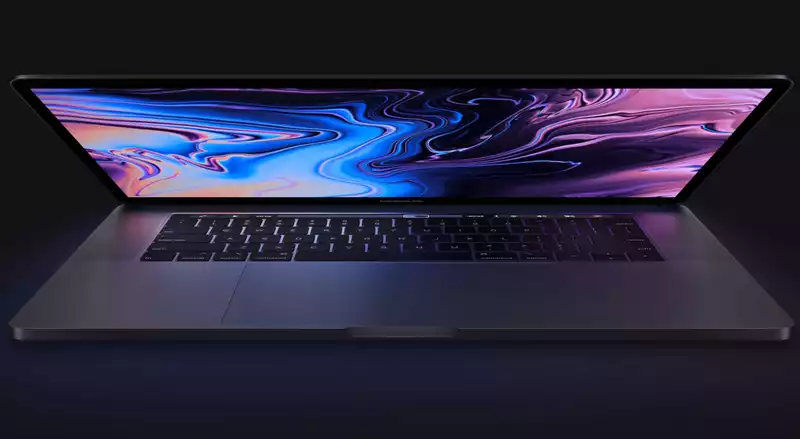Apple has announced its new M1 processor and the transition from x86 to ARM has begun. In other words, Apple is abandoning Intel. It is indeed happening. But does this matter to PC gamers? Why should we care what Apple is putting on its shiny, overpriced junk?
The short answer is that neither the M1 nor any shade of ARM chip will be running a gaming PC anytime soon. That much is obvious. But the M1 remains important to all of us. Because it may force Intel and AMD to dramatically improve x86 gaming, and despite all the hype surrounding AMD's new Ryzen 5000 processor, it's about time it did. [Because this is what PC processors are all about. Performance per core, performance per clock, or instruction per clock (IPC) has hardly changed in the last few years. It really hasn't. As far as gaming goes, the Ryzen 5000 is about on par with Intel's five-year-old Skylake architecture, and the only reason CPU performance has improved significantly over the last decade is because they added more cores. And the M1 may change that for the better.
I'm reserving that thought. First, don't worry about the immediate noise, shouting, and fuss about Apple's new Jesus chip. It would be tiresome, especially if early leaked benchmarks in metrics like Geekbench showed the M1 outperforming 8-core Intel-powered MacBooks. But none of that would be immediately relevant to PCs.
But further down the road, the M1 could be a turning point. If M1 proves that ARM can match or beat x86 in IPC performance, including us PC gamers, then the traditional dichotomy that ARM is only good for efficiency and x86 is needed for serious work will look very different. The same goes for games.
Indeed, it is clear that ARM chips are superior in efficiency. That's why Apple's new MacBooks with the M1 have twice as much battery life, using the exact same battery as Intel's previous model. But Apple also claims that the M1 has the world's fastest CPU core. That's right.
This is quite a claim, but according to some analysis by Anandtech, at least it needs to be taken seriously: the M1 is powered by Apple's latest Firestorm CPU core, similar to the A14 found in the latest iPhone. This core is compatible with the ARM instruction set, but like all Apple ARM chips up to the A6 in the iPhone 5, it is an Apple proprietary design. Just like x86 or Intel vs. AMD. It's a custom-built core design with the same instruction set.
In any case, Apple's latest Firestorm core has a huge 8-wide decoding capability. Incidentally, both AMD and Intel's state-of-the-art CPU cores are 4-wide machines. Instruction decode width is hardly the only or most important measure of a CPU core's capability. However, it is one obvious measure of the apparent complexity and high performance of Apple's cores.
Digging deeper, there is architectural evidence of Firestorm's processing power. Whether it is out-of-order pipeline depth or the number and capability of integer and floating-point ALUs, Firestorm is often at least comparable to, and sometimes dramatically exceeds, Intel and AMD's top-of-the-line products. Simply put, Apple has gone to great lengths to maximize instruction-level parallelism; Firestorm's IPC performance is phenomenal by ARM standards. And it may be better overall than what Intel and AMD can currently offer.
Of course, clockspeed also has a significant impact on actual performance. But Firestorm certainly seems to blow away the conventional assumption that ARM ISAs (and by extension, chips based on them) are inherently disadvantaged when it comes to pure performance.
At any rate, if Apple proves that ARM is second to x86 in its traditional capabilities of high performance, the implications for Intel in particular will be clear enough. If this is not the case, ARM could take its place in everything from servers to workstations to traditional notebooks. Certainly, the transition will take years, and gaming PCs will be the last shot, if ever. But the mere threat should be a powerful motivator.
More generally, if Apple continues to raise the IPC of its ARM chips, the rest of the industry will almost certainly react. As is often the case, Apple will act as a trendsetter. Just as all smartphones today have been improved by Apple's attention to certain details, PC processors will be improved by the example Apple sets. Like it or not, Apple has a track record of pushing certain technologies to new heights and, in turn, improving everyone's game. That's why the M1 and its successors could be the push the PC processor industry needs.
.

Comments